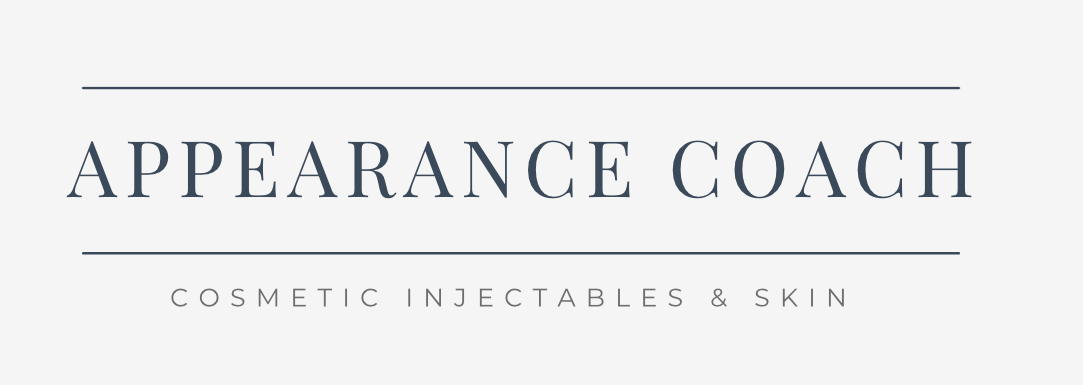
Acne is a common skin condition that affects individuals of all ages, including adults. While it is often associated with adolescence, adult female acne can be a frustrating and distressing problem. In this blog, we will explore the causes and presentation of adult female acne, focusing on the distinction between inflamed and non-inflamed acne. Additionally, we will also discuss various treatment options specifically related to skin therapies, that can help alleviate this condition.
Understanding Adult Female Acne
Adult female acne can arise from various factors, including homonal imbalances, stress, genetics, and underlying medical conditions. Fluctuations in hormone levels, particularly during the menstrual cycle, pregnancy or menopause, can trigger acne breakouts by stimulating an increase in oil production in the skin. Additionally, if there is a family history of acne, the likelihood of experiencing adult acne may be higher.
Presentation
Adult female acne typically manifests itself either as inflamed or non-inflamed. Understanding the distinction between these two types is essential for determining the appropriate treatment approach.
-
- Inflamed Acne: Inflamed acne, also known as inflamatory acne, is characterised by redness, swelling, and tenderness. This type of acne occurs when the hair follicles become clogged with excess oil, dead skin cells, and bacteria, leading to inflammation and the formation of painful, pus-filled lesions such as papule, pustules, and nodules.
- Non-Inflamed Acne: Non-Inflamed acne, also referred to as comedonal acne, presents as open or closed comedones. open comedones, commonly known as blackheads, appear as small, dark spots on the skin’s surface due to the oxidation of sebum abd debris. Closed comedones, or whieheads, are flesh-coloured or white bumps that remain closed, typically appearing just beneath the skin’s surface.
What is the cause?
There is no single cause for adult acne, but the most common triggers are:
- Hormonal fluctuations
- Stress
- Gut function
- Medication
- Climatic conditions
- Cosmetic ingredients that irritate the skin and clog pores
- Hereditary disposition to acne
Stress and hormonal imbalances are the number one aggravating factor in adult acne.

Gut Function and how it can contribute to adult acne:
The link between our gut health, hormones and skin is complex, as each can influence and impact the other. Oestrogen and progesterone impact how quickly food is digested and subsequently moved through the digestive tract. The gut also influences how hormones are metabolised and eliminated by the body. If you have a sluggish gut, that can trigger an hormonal inbalance.
Our liver’s function is to detoxify our blood and help regulate our hormones. If our liver is overloaded by being impacted with a sluggish gut, it has no capacity left to help regulate hormones and therefore this can also contribute to hormone imbalances.
Our gut microbiome (the organisms living in our gut) or condition’s such as leaky gut, can directly impact our skin by reducing our ability to assimilate and utilise key nutrients, vitamins and minerals that are so essential for our skin health.

Rentention Hyperkeratosis and it’s role in acne
If you have oily and acne-prone skin, your skin’s natural ability to slough dead skin cells isn’t going to be as effective as healthy skin. This is called rentention hyperkaratosis is where the skin cells become ” sticky” and don’t shed properly. The skin cells stick to the surface due to the lack of water and essential fatty acids in the skin. This abnormal shedding of the skin leads to the formation of a microcomedone under the skin 8 weeks before the acne lesion is visible on the skins surface.
Our skin contains an enzyme called the statum Corneum Chymtryptic Enzyme, and it’s main job is to dissove the bonds that hold these skin cells together so that they can detach naturally. This enzyme is unable to work effectively unless it has enough water in the skin to do so.
By repairing the barrier, (this is what keeps the water in), we will help the skin to retain water and with the addition of Essentail Fatty Acids, will create a waterproof layer on the surface which will also repair and maintain the skins barrier.


How we can help
Treating acne is very complex as there can be many contributing factors.
Firstly, a comprehensive and indepth consultation is a must. This will enable us to get a clear picture of lifestyle, diet, medical history, medications, hormones and gut function. From this consultation, we will have a much better understanding about which treatment options will be most suitable and importantly, effective. At your consultation we will provide education as well as solutions. It is important for you to understand what’s going on with your skin and why it may be behaving the way it is.
Sometimes it can feel like you have tried everything and quite possibly you are at your wits end. We will work alongside you to achieve your desired results. Your treatment may include a referral for hormone testing, introduction of internal supplements to support healthy gut function which in turn will lead to healthy skin function, a personalised at-home prescription for skincare, a treatment plan and most importantly our support along the way.
If you or someone you know is suffering from acne, you feel like you’ve tried eveything and getting nowhere, book a consultation with our dermal therapist and experience the difference of a clinic that is truly invested in getting results.

